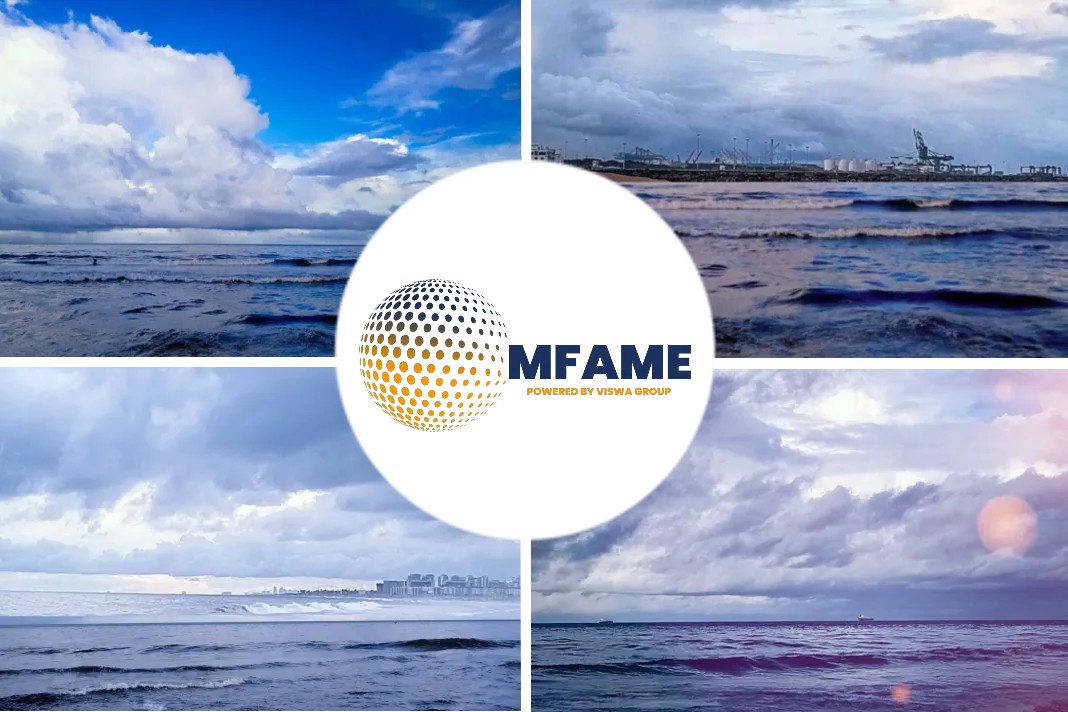
Eight categories
It also covers eight categories of evaluation, including sustainability and environmental, safety, security, economic feasibility, regulatory, people, technology status and engineering.
Relevant criteria
In addition to assessing each fuel based on the relevant criteria, the evaluation also takes into consideration the level of availability of data to support the assessment.
Environmental category
The report found that when bio-methanol and green ammonia are compared to fossil MGO and LNG they perform better in the sustainability and environmental category but score lower in other key categories, primarily due to the lack of a comparable fuel value chain.
As regulations and research for bio-methanol and green ammonia expand, it is expected that they will become increasingly competitive fuel solutions.
Economic feasibility
The assessment also found that because bio-methanol and green ammonia lack sufficient data, more training and pilot projects will be needed to better understand the economic feasibility of both fuel solutions and to gain practical experience to build a scalable and global workforce.
More hazardous fuels
Commenting on the report, Knut Arild Hareide, Director General of Shipping and Navigation at the Norwegian Maritime Authority said:
“The anticipated and much needed scaling of handling more hazardous fuels such as liquefied methane, methanol, ammonia but also hydrogen, in liquid or gaseous state, requires competence building and certified training to ensure the safe decarbonisation of shipping”
Technologically options
Further comments on the report were provided by the publication’s primary author, Georgios Plevrakis, ABS Vice President for Sustainability, who said:
“Applying MTF’s framework to alternative fuel options provides a critical snapshot on readiness and identifies the gaps where we need to refine our focus and increase our research efforts if we are to develop economic and technologically feasible fuel options”
Did you subscribe to our newsletter?
It’s free! Click here to subscribe!
Source: Milrelation























